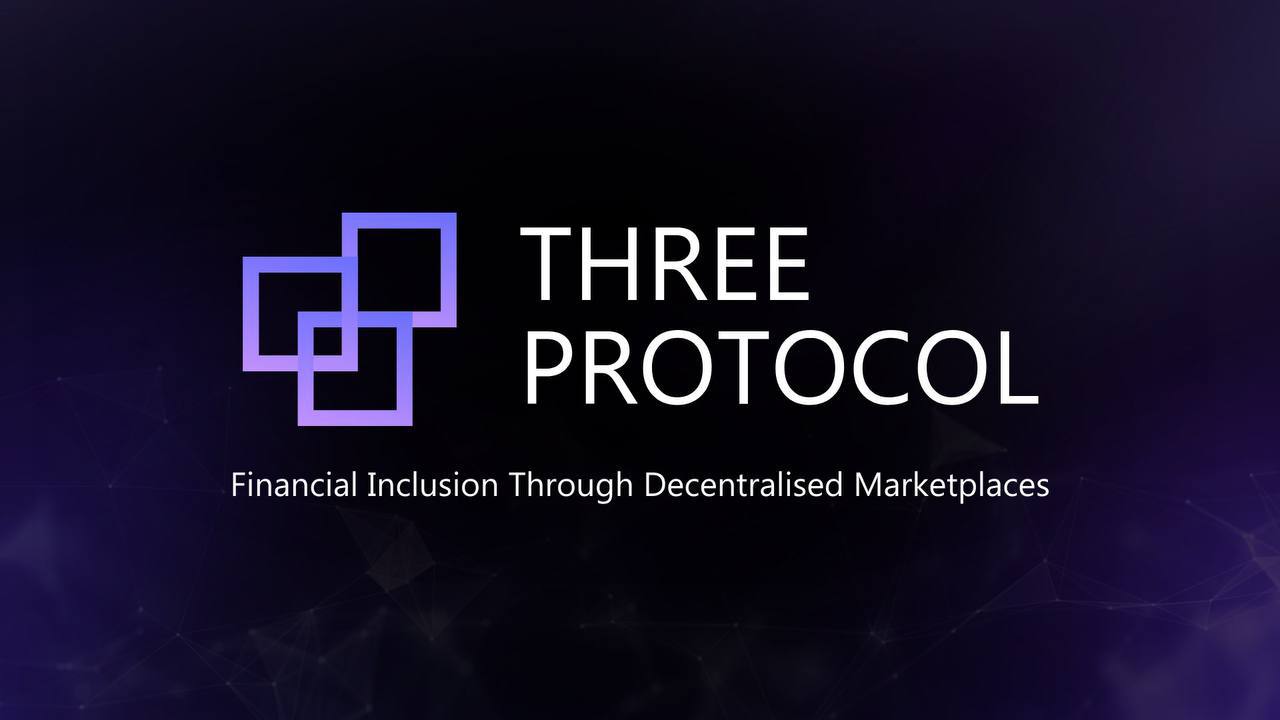The U.S. Securities and Exchange Commission (SEC) recently had special phone meetings with all the people applying to start Bitcoin Exchange-Traded Funds (ETFs). This kind of thing doesn’t happen often in the rules made by the government.
Charles Gasparino, a Senior Reporter at Fox Business Network, said this is quite unusual. The main talk during these discussions was about convincing the companies who want to make these Bitcoin funds to change the way they handle taking back Bitcoin from investors.
SCOOP: @SECGov is having what's described as a rare joint conference call with prospective "spot" #BTC ETF filers, as its closely watched decision looms on whether to give these cos the green light to sell to small investors access to crypto. @FoxBusiness reported yesterday the…
— Charles Gasparino (@CGasparino) December 21, 2023
SEC’s Focus on “Cash Creates” Model for Bitcoin ETFs
Eleanor Terrett, a journalist at Fox Business Network, highlighted the recent emphasis of the U.S. Securities and Exchange Commission (SEC) during specific meetings. The SEC is particularly interested in the “cash creates” model, urging issuers to remove the option of “in-kind redemptions” from their applications.
🚨DOUBLE SCOOP: Sources that were on the call tell me it was to do with making sure everyone is doing cash creates. The @SECGov asked issuers to remove all hints of in-kind redemptions from their filings. https://t.co/hEjXBAHLpY
— Eleanor Terrett (@EleanorTerrett) December 21, 2023
This requirement essentially mandates converting Bitcoin to cash before trading ETF shares, aligning with the SEC’s policy preventing broker-dealers from directly engaging in Bitcoin trading. The SEC’s insistence on cash conversions aims to mitigate risks associated with direct Bitcoin transactions, a crucial consideration for potential ETF approvals.
Contrary to earlier reports of a joint conference, Bloomberg’s senior analyst, Eric Balchunas, clarified that these were separate calls to exchanges and issuers. The focus was specifically on the “Cash Creates” model. There are indications that the SEC might be encouraging issuers to adopt a more stringent model, possibly the Prime Execution Agent model. In this model, a third party oversees Bitcoin transactions for the ETF, introducing an additional layer of oversight.
SEC’s Pending Decision and the Impact on ETFs
The U.S. Securities and Exchange Commission (SEC) is anticipated to announce its decision on several ETF filings by January 10. A key point of focus in these deliberations is the Prime Execution Agent model, which has emerged as a central topic of discussion. Notably, issuers like BlackRock may need to make adjustments to their filings to adhere to these evolving guidelines.
This regulatory shift reflects the SEC’s move toward a more interactive and cautious stance concerning cryptocurrencies. The emphasis on the Prime Execution Agent model indicates a desire for enhanced oversight in the handling of Bitcoin transactions within ETF frameworks.
As the regulatory landscape continues to evolve, the implications of these developments are substantial for retail investors and the broader cryptocurrency market. The SEC’s decisions could influence the accessibility and dynamics of cryptocurrency-related investment options, marking a pivotal moment in regulatory considerations.
Important: Please note that this article is only meant to provide information and should not be taken as legal, tax, investment, financial, or any other type of advice.
Join Cryptos Headlines Community
Follow Cryptos Headlines on Google News










